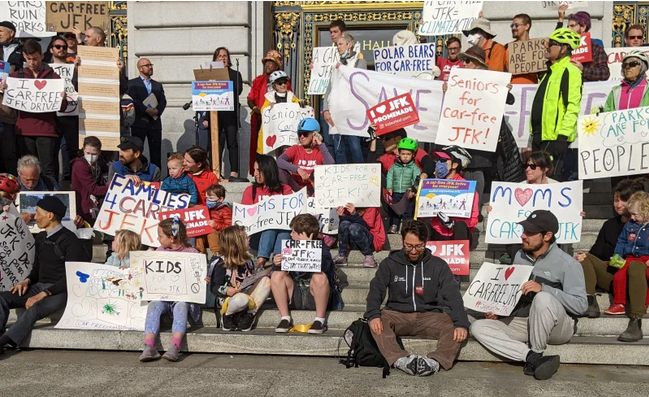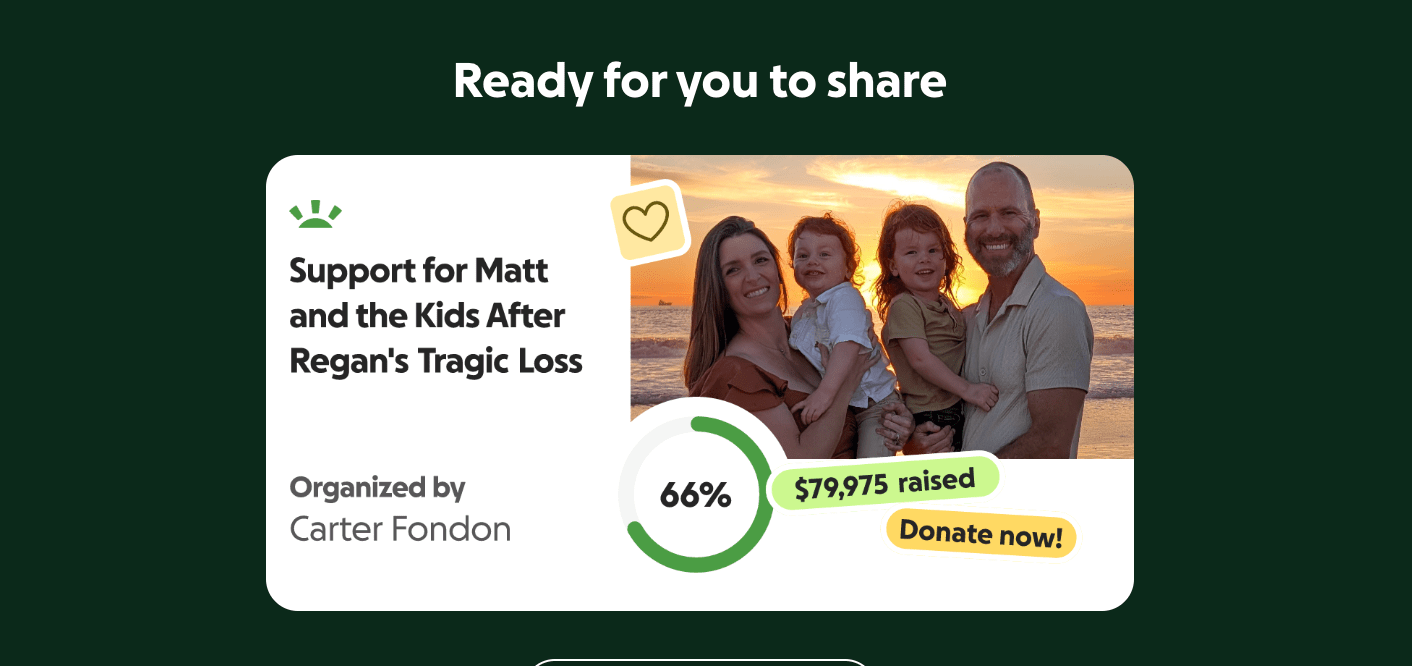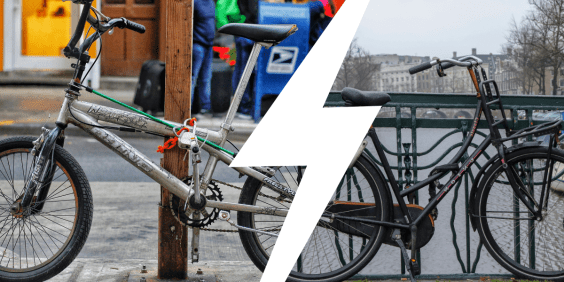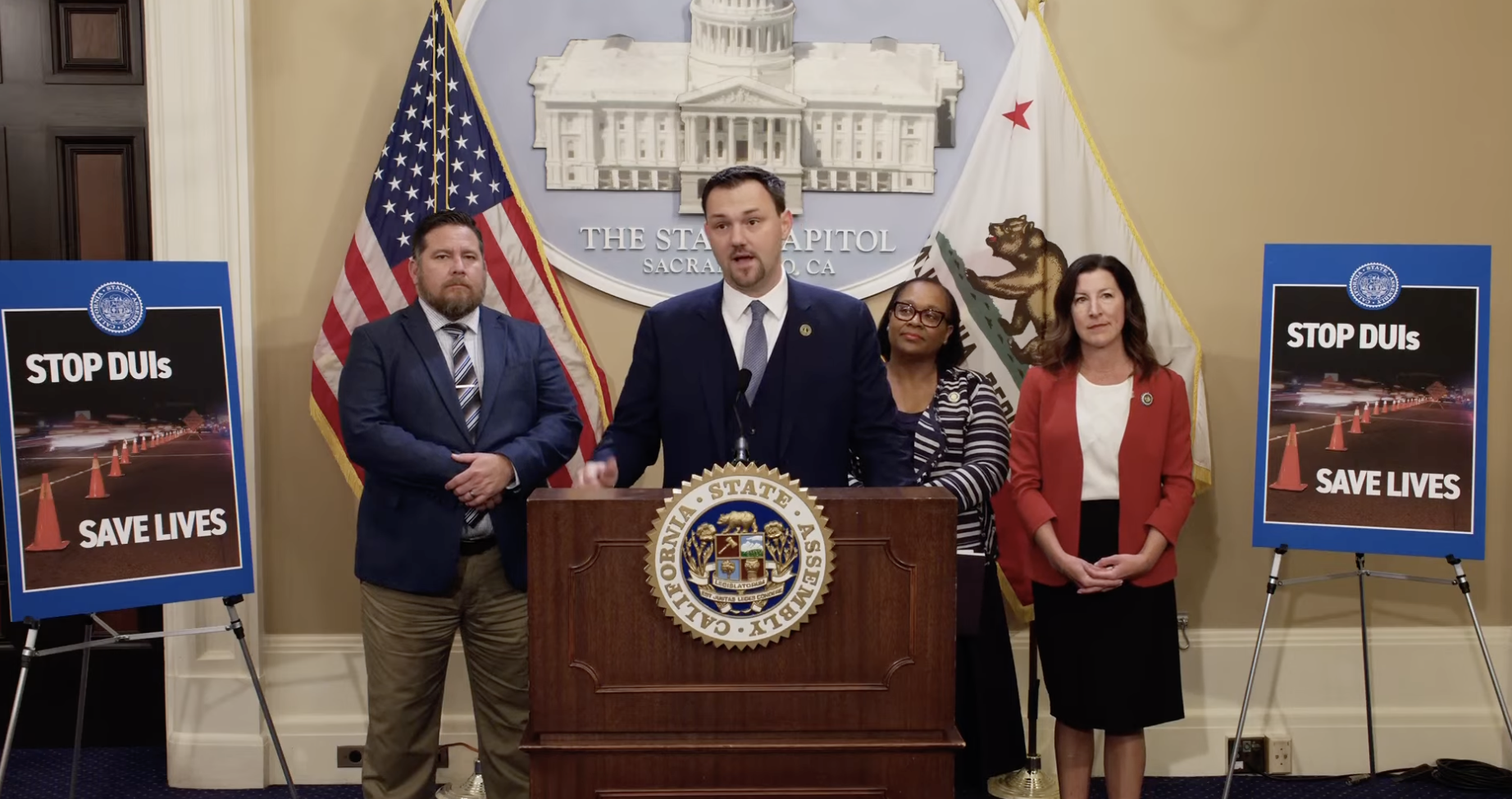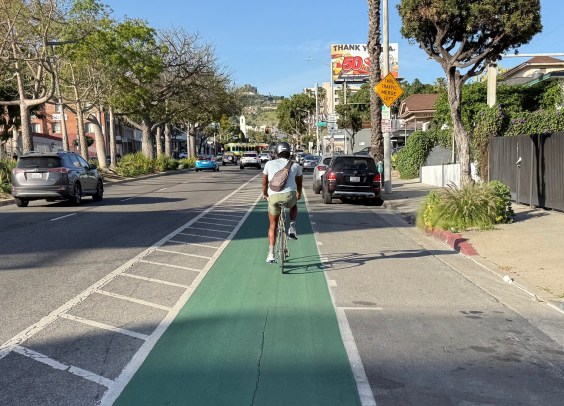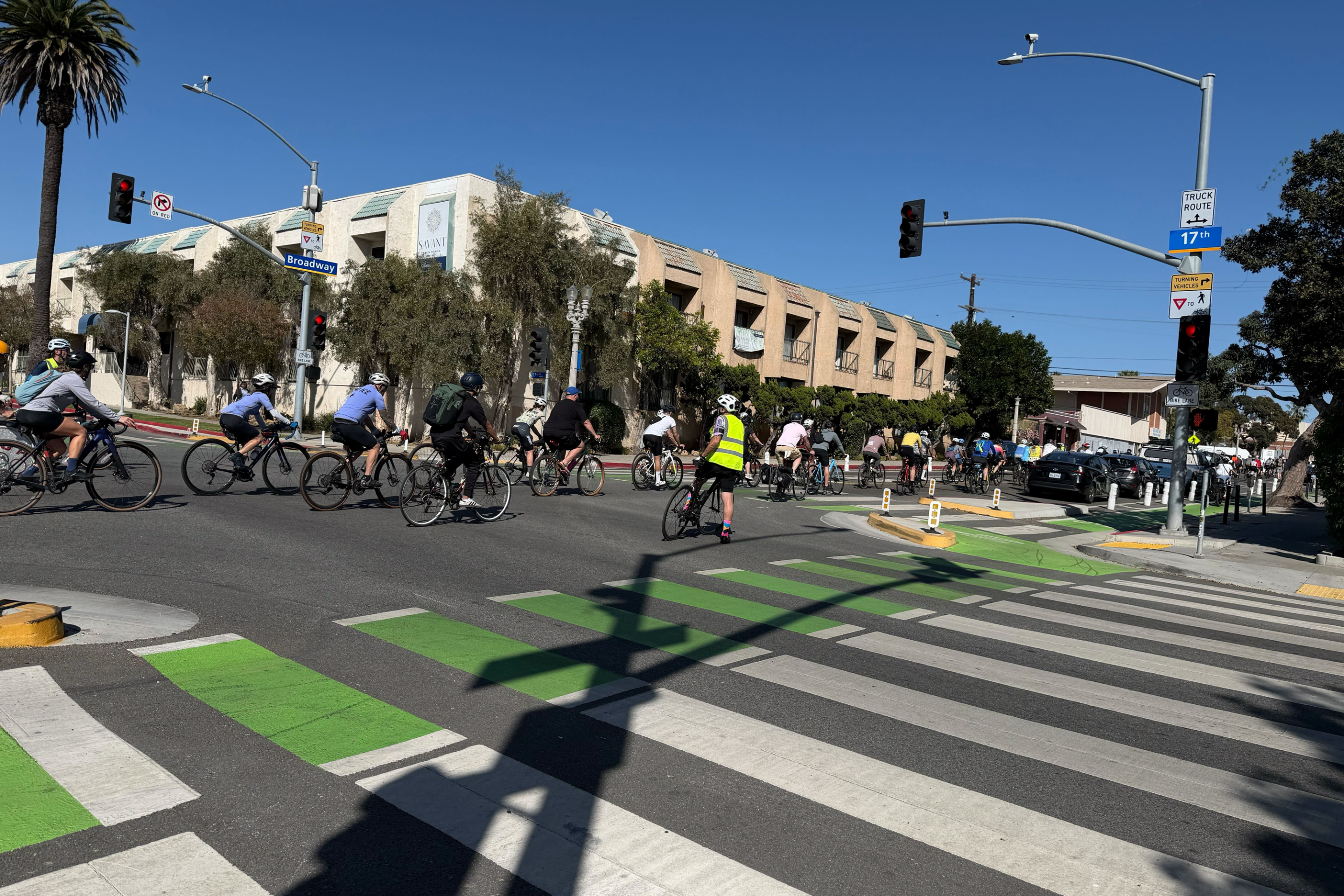Note: GJEL Accident Attorneys regularly sponsors coverage on Streetsblog San Francisco and Streetsblog California. Unless noted in the story, GJEL Accident Attorneys is not consulted for the content or editorial direction of the sponsored content.
"I don't want to die," said San Francisco Bicycle Coalition Executive Director Janelle Wong. Under the pressure of a one-minute time limit for public comment, the long-time advocate was forced to boil down the reason for asking the San Francisco Board of Supervisors Tuesday to approve Mayor London Breed's legislation to permanently ban automobile traffic on a portion of the western half of J.F.K. Drive. "I don't want to be mutilated."
Ultimately, the majority of the supervisors heard that stark statement and the stories from many other people who called in or came to speak who told stories of getting hit by motorists while walking and biking in San Francisco, including on J.F.K. before it became car-free. And after a marathon hearing that started at 9 a.m. and lasted 12 hours, the Supes voted seven to four to make the J.F.K. Promenade permanent, with Ahsha Safaí, Shamann Walton, Connie Chan, and Aaron Peskin voting against the car ban.
I would like for every supervisor who votes NAY on car-free JFK tomorrow to also admit they vote NAY on Transit First, NAY on Vision Zero, and NAY on meeting our mode share goal of 80% sustainable modes by 2030. Be honest with the voters, for once.
— The Lousy Mince (@ehuston101) April 25, 2022
Supervisor Matt Haney talked about the importance of keeping J.F.K. car-free in moving towards a more sustainable future. "This is a very important step in that direction."
Prior to the meeting, over a hundred pro-bike, pro-pedestrians, pro-safety advocates showed up at 8 a.m. on the steps of City Hall to make a last push for the mayor's proposal, which would, as advocate Marcel Moran put it, preserve "a tiny sliver of Golden Gate Park to be car-free."
"I have a lot of difficult decisions to make at the Board of Supervisors," said D5 Supervisor Dean Preston, who co-sponsored the bill, during the pre-vote rally. "This is not one of them."
Even after the vote today, there is much more to be done, and staff will continue to do that important work. This city has an incredible park system that should make us all proud. Making JFK car-free will only make it that much better.
— London Breed (@LondonBreed) April 26, 2022
He explained that it wouldn't be difficult because workers who travel by bike use J.F.K. to commute. And while he acknowledged the value of the J.F.K. promenade for recreation and community, it's also a lifesaver--literally--for people who ride on two wheels. "It is an essential part of a car-free network and you deserve a safe way to get to work not in a car."
"I’ve seen too many injuries on J.F.K.--injuries that are totally preventable," said Stephen Gamboa, a doctor of Emergency Medicine at Kaiser Permanente San Francisco Medical Center during public comment. He and other physicians who testified said they treat all sorts of trauma patients who, while not always injured seriously enough to make city statistics, suffer years of debilitating pain thanks to "car versus ped" collisions on J.F.K. Drive. These collisions, they explained, ceased on the section from Kezar to Transverse when it was closed to cars at the start of the pandemic.
Meanwhile, representatives from the de Young and others tried to frame the debate as an access and equity issue (many speakers gaslighted that only poor people of color drive cars and only rich white people ride bikes). Many speakers gave nearly identical statements opposing an imaginary proposal to close the entire park to drivers. In reality, of course, the only thing on the table was 1.4 miles of J.F.K. Drive.
Supervisor Connie Chan continued to push her "compromise" that would still allow cars on the 1.4 miles of J.F.K. in question. But as Moran stressed during public comment, the car-free Promenade is already a compromise position. "The rest of Golden Gate Park is open to cars."
Also open to cars: the massive, 800-space garage underneath the park, completed in 2004 and built specifically to reduce the need for parking on J.F.K.
A handful of motorists who spoke were frank about why they want J.F.K. open to cars. "It makes for faster commuting," said one speaker.
Chan reiterated her belief that a survey instituted by the city, which showed that 70 percent of San Francisco residents want the J.F.K. Promenade to endure, was cooked. "Some of the responses were from the same IP address," she said, adding, "Can we wait some more?"
But ultimately a slim majority of the board decided 40 years is long enough to wait to have one portion of one street in the city car-free. They decided that allowing more people on bicycles and on foot to be maimed and killed is not a suitable "compromise."
"In 1966, there was a proposal to build two new freeways. It was defeated by a six-to-five vote of Supervisors," said advocate Danny Sauter. "In 1990, there was a proposal to demolish the Embarcadero freeway. It passed six-to-five by the Supervisors." He said today's vote, in 2022, to keep J.F.K. car-free, would be looked back on in the same way.
